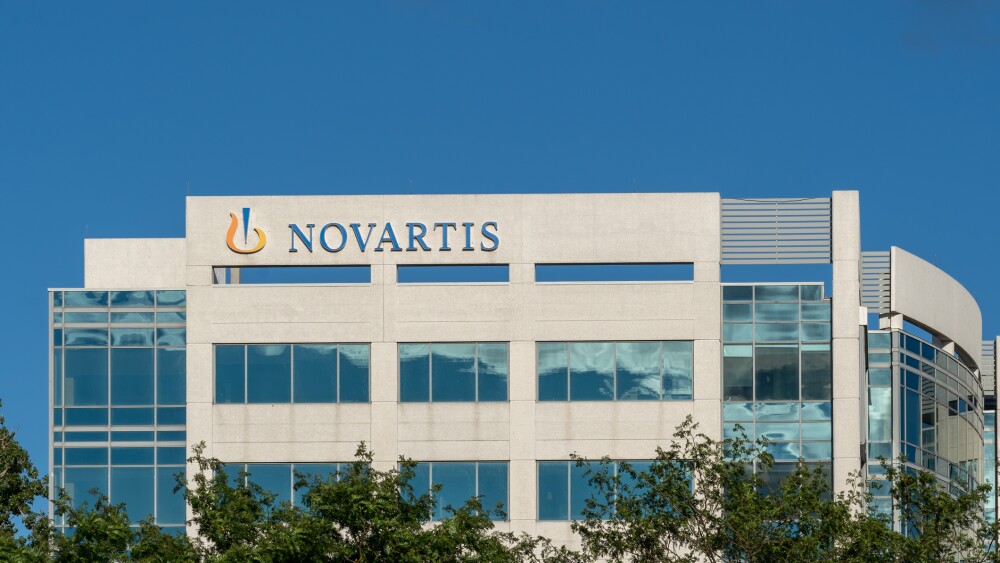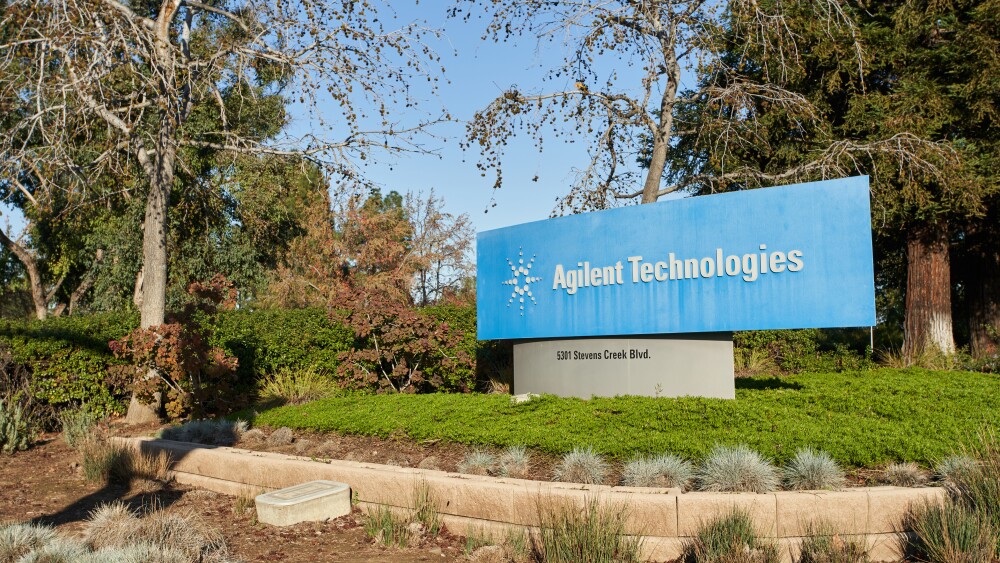Telo Genomics Corp. (TSXV: TELO) (OTCQB: TDSGF) (the “Company” or “Telo”) a biotech company developing the industry’s leading telomere technology platform with diagnostic and prognostic applications
Toronto, Ontario--(Newsfile Corp. - April 2, 2024) - Telo Genomics Corp. (TSXV: TELO) (OTCQB: TDSGF) (the "Company" or "Telo") a biotech company developing the industry's leading telomere technology platform with diagnostic and prognostic applications measuring genomic instability in oncology, is pleased to announce that patient recruitment for its minimal residual disease ("MRD") clinical trial has been initiated, with several patient samples received and processed to date. Also, due to institutional interest and to accelerate the study, Telo and its collaborators at the Jewish General Hospital and McGill University have expanded the study to include three additional prominent hospitals in the Montreal area.
Now, patients diagnosed with multiple myeloma at the Lakeshore Hospital, Montreal General Hospital and the Verdun Hospital will have the opportunity to participate in Telo's MRD clinical study upon undergoing bone marrow transplantation. The addition of the three hospitals to the study has the potential to reduce patient recruitment time for the clinical study by up to 50% and increase the reliability of the trial results.
Telo previously announced its clinical trial in MRD, monitoring multiple myeloma ("MM") disease progression in post-treated patients. The trial is listed on the website of the National Library of Medicine (clinicaltrials.gov): NCT05530096 (https://clinicaltrials.gov/ct2/show/NCT05530096). The study is being conducted prospectively on diagnosed MM patients eligible for bone marrow transplantation, aiming to measure and profile the measurable MRD in these patients post transplantation. MRD refers to cancer cells that remain in the patient's system post-treatment.
MRD testing is emerging as a promising tool in assessing treatment response and guiding therapeutic decisions in oncology. With advancements in drug development technologies, and a growing emphasis on personalized healthcare, the MRD testing industry is expected to exhibit substantial global expansion in the coming years. The MRD global testing market size is expected to reach USD 4.1 billion by 2032 (Globe Newswire - August 14, 2023).
"Expanding the MRD clinical trial to additional hospitals is an important step in expediently completing interim and final results of the study," said Sherif Louis, Telo's President & CTO. "Telo's highly sensitive liquid biopsy methodology for MRD testing holds substantial advantages compared to existing technologies in the clinic, including its applicability to the broader spectrum of patients. We will continue to work with our collaborators diligently to drive our MRD tests to the clinic."
About TeloView MRD
In North America there are approximately 170,000 MM patients (Surveillance, Epidemiology and End Results Program, NIH; https://seer.cancer.gov/statfacts/html/mulmy.html) - receiving treatment at any time across the different stages of the disease. Most of these patients may benefit from ongoing monitoring of treatment response using MRD assessment. To date, the prognostic power of MRD assessment has not fully reached its potential in the clinic for MM patients and many other cancers, due to the limited capability of the technologies currently in the clinic, which can only inform on MRD cell count (enumeration). Enumeration alone was proven in several cancers to be inadequate in providing accurate representation of the risk of disease progression. Furthermore, each of the current MRD assessment technologies has its own technical limitation rendering it inapplicable to several patient populations.
TeloView technology employs a patented liquid biopsy enumeration methodology that will facilitate the quantification of MRD in the vast majority of MM patients. In addition, Telo's technology is unique because of its potential to assess the genomic instability of each individual MRD cell using our TeloView platform. Consequently, genomic instability profiling has the potential to provide a more accurate assessment of disease aggressiveness beyond merely the cell count and has the potential to inform on the risk of disease progression more accurately.
About TELO
Telo Genomics Corp. is a biotech company pioneering the most comprehensive telomere platform in the industry with powerful applications and prognostic solutions. These include liquid biopsies and related technologies in oncology and neurological diseases. Liquid biopsy is a rapidly growing field of significant interest to the medical community for being less invasive and more easily replicated than traditional diagnostic approaches. By combining our team's considerable expertise in quantitative analysis of 3D telomeres with molecular biology and artificial intelligence to recognize disease associated genetic instability, TELO is developing simple and accurate products that improve day-to-day care for patients by serving the needs of pathologists, clinicians, academic researchers and drug developers. The benefits of our proprietary technology have been substantiated in 160+ peer reviewed publications and in 30+ clinical studies involving more than 3,000 patients with multiple cancers and Alzheimer's disease. Our lead application, TELO-MM is being developed to provide important, actionable information to medical professionals in the treatment of multiple myeloma, a deadly form of blood cancer. For more information please visit www.telodx.com.
For further information, please contact:
Sherif Louis,
President & CTO
Telo Genomics
416-673-8487
www.telodx.com
Neither the TSX Venture Exchange nor its Regulation Services Provider (as such term is defined in the policies of the TSX Venture Exchange) accepts responsibility for the adequacy or accuracy of this release.




